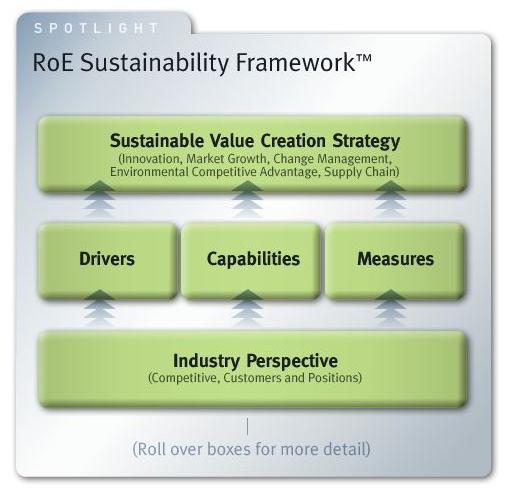

MetaVu, Inc.
- Home
- Companies
- MetaVu, Inc.
- Services
- Forest Products
Forest Products
FromMetaVu, Inc.
The forest products industry is marked with a heavy environmental footprint. Many of the sustainability drivers faced by the industry today relate to energy efficiency and use, definition of a climate strategy, institution of Environmental Management Systems, environmentally- and socially-responsible supply chains, and a clearly defined stakeholder engagement and communication strategy.
Most popular related searches
forest product
forest productivity
forest production
forest product industry
forest stewardship
sustainable forestry
forester
Forest Stewardship Council (FSC)
forestry practice
forest industry
MetaVu considers the following as key areas of thought leadership for companies that participate in Forest Products industries:
- Operational Carbon Footprint. The imperative to define the carbon footprint for key products and operational processes is becoming more of pronounced market driver. Savvy consumers and stakeholder groups have started to inquire into the embedded carbon footprint of purchased goods. How will your organization respond?
- Carbon Trading Strategy. Carbon emissions legislation presents both risks and opportunities to both landowners and raw material users. Can your company employ established Clean Development Mechanisms related to carbon cap and trade schemes for economic and environmental gain?
- Energy Efficiency and Renewable Energy. Corporations are increasingly realizing the gains inherent in improving mill operations and energy use through specific asset-type retrofits and efficiency improvements. How is your organization poised to drive energy efficiency?
- Forest Stewardship. Increasingly the marketplace is demanding and exhibiting a preference for paper products that bear the ‘Forest Stewardship Council’ (FSC) or ‘Sustainable Forestry Initiative’ (SFI) certification labels. These certifications demonstrate an organization`s commitment to sustainable forestry practices and community engagement. Is your organization prepared to pursue certification and demonstrate leadership? What are the barriers?

